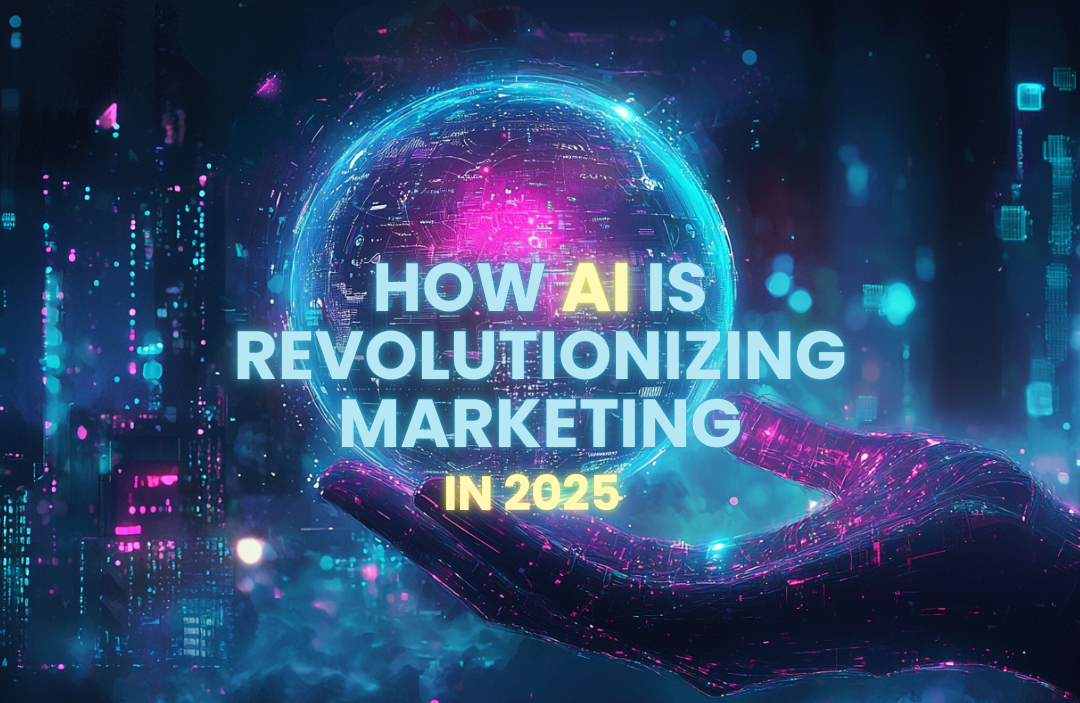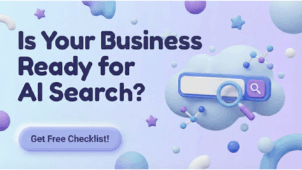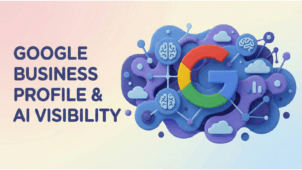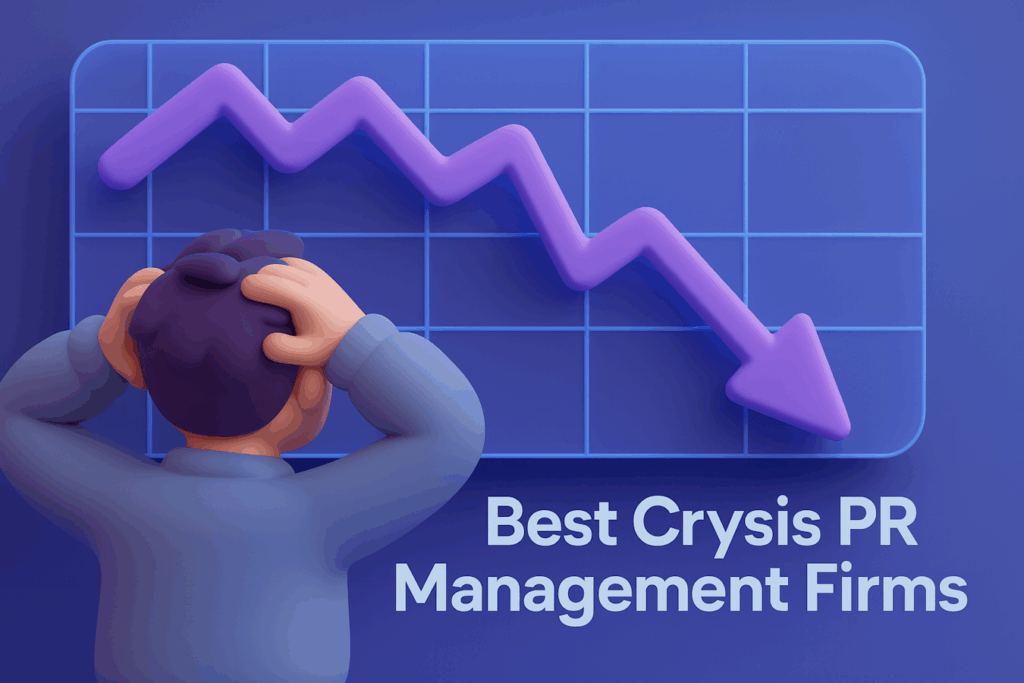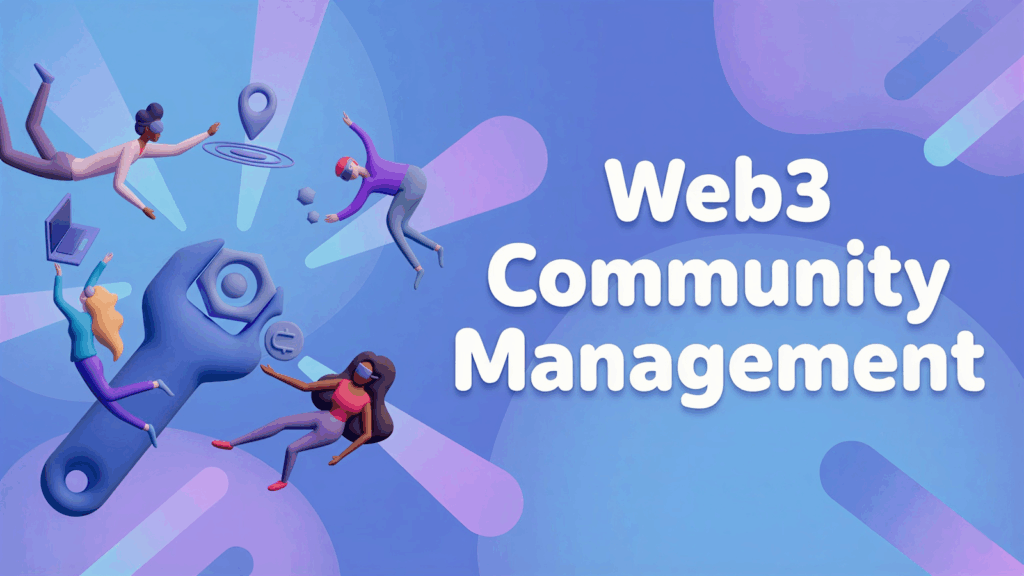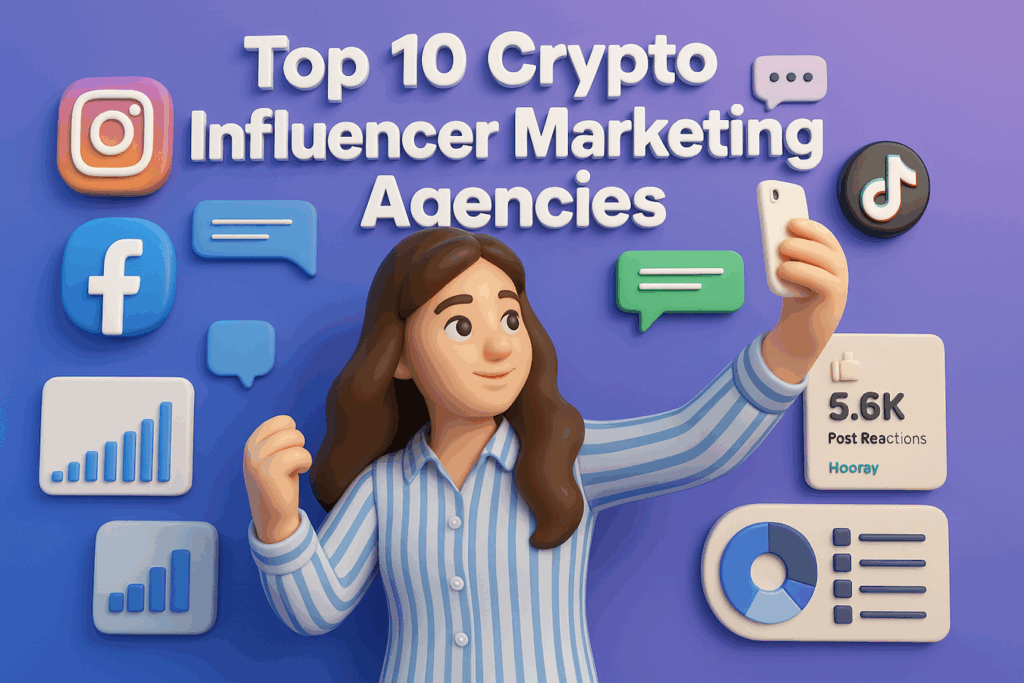share
The constantly changing capabilities of artificial intelligence (AI) is causing a significant change in the marketing landscape. AI is quickly changing how companies interact with their audiences and is no longer just a concept found in science fiction. AI marketing solutions are enabling organizations to reach previously unheard-of levels of efficiency and client connection, from analyzing massive databases to creating customized campaigns.
This blog post explores the main uses, advantages, and factors of artificial intelligence as it relates to marketing. We’ll also take a look at how AI is set to further transform marketing in the future.
The Role of AI in Marketing: Guiding Your Decisions
AI acts as a powerful partner for marketers, providing invaluable insights and supporting critical decision-making. By crunching complex data sets that would overwhelm human analysts, AI helps marketers understand customer behavior, identify emerging trends, and make data-driven choices for campaign development and strategy.
Some of the key capabilities of AI in marketing include:
Data Analysis: Massive volumes of consumer data from multiple sources, such as website traffic, social media interactions, and past purchases, are easily processed by AI. Marketers can use this study to find hidden trends, comprehend consumer preferences, and adjust their tactics accordingly.
Audience Segmentation: Based on a number of variables, such as age, gender, geography, interests, and past purchases, AI algorithms are able to divide audiences into extremely exact demographic and behavioral categories. By customizing their offers and message to each person’s tastes, marketers can greatly boost engagement and conversion rates thanks to this fine-grained level of segmentation. AI-powered customization may provide highly targeted advertising that appeal to particular audience segments by comprehending consumer behavior and forecasting future behaviors.
Trend Forecasting: AI’s capacity to examine enormous volumes of previous data and spot trends can be used to make remarkably accurate predictions about future consumer behavior and market trends. AI can predict demand, spot new trends, and foresee possible disruptions by utilizing sophisticated machine learning algorithms. Because of this insight, marketers are able to remain ahead of the curve and modify their plans in order to take advantage of new opportunities, reduce risks, and allocate resources as efficiently as possible.
Key Applications of AI in Marketing: Unleashing Your Potential

Let’s delve deeper into specific applications of AI that are transforming the marketing landscape:
Content Creation: AI as Your Creative Collaborator
The days of spending endless time brainstorming ideas for new content are long gone. These days, AI writing tools can produce captivating blog entries, social media captions, and even product descriptions, freeing up critical time for innovative ideation and strategic planning. These tools leverage advanced algorithms to analyze vast amounts of data and generate content that is tailored to specific audiences and search engine optimization (SEO) best practices.
Additionally, this data-driven strategy guarantees that content resonates with the target audience and increases engagement and conversions. AI may analyze data on audience preferences and content performance to recommend relevant themes, optimize writing styles, and find chances for development.
Customer Personalization: The Art of One-to-One Marketing
AI excels in personalizing the client experience, creating a sense of personalized connection. Consider customizing email campaigns according on each customer’s past purchases, suggesting goods based on previous browsing activity, or dynamically displaying offers and content on a website that are pertinent to each user. Deeper engagement and loyalty are fostered by this degree of personalization. Businesses may send hyper-targeted marketing messages that connect with each individual client by utilizing AI-powered personalization. This will enhance customer happiness and conversion rates.
Furthermore, AI can analyze customer data to identify emerging trends and preferences. By understanding the evolving needs and desires of their target audience, businesses can proactively adapt their marketing strategies to stay ahead of the curve. This predictive analytics capability allows marketers to anticipate future customer behavior and make informed decisions about product development, pricing, and marketing campaigns.
Chatbots & Customer Support: Always Available, Always Helpful
AI-powered chatbots provide 24/7 customer support, offering immediate and personalized responses to inquiries. They can answer basic questions, resolve simple issues, and even direct customers to relevant resources. By automating routine tasks, chatbots free up human agents to focus on more complex and strategic tasks, improving overall customer satisfaction and operational efficiency.
And not only this but, chatbots can be integrated with other customer service channels, such as email and phone, to provide a seamless and consistent customer experience. They can also collect valuable customer data, which can be analyzed to identify trends, preferences, and pain points. These data-driven insights can help businesses improve their products and services and enhance customer satisfaction.
Predictive Analytics: Seeing Around the Corner
AI is quite good at forecasting future consumer behavior. AI can determine whether clients are more likely to convert, churn, or make repeat purchases by examining historical data. This foresight allows marketers to tailor their campaigns to nurture leads, target at-risk customers with retention efforts, and optimize marketing spend.
SEO Optimization: Climbing the Search Engine Ladder
With the aid of AI tools, marketers may improve the exposure of their websites by optimizing their content for search engines. To increase organic search traffic, these tools analyze competition material, recommend relevant terms, and spot optimization chances.
Programmatic Advertising: Reaching the Right People at the Right Time
Real-time ad buying process automation is achieved using programmatic advertising and artificial intelligence. AI can buy ad spots with extreme precision by examining information on audience demographics, website traffic, and previous ad performance, guaranteeing that your campaigns are seen by the most relevant people. This degree of targeting reduces wasted ad expenditure and boosts return on investment.
Benefits of AI in Marketing: Reap the Rewards
The integration of AI into marketing strategies offers a multitude of benefits for businesses:
Improved Efficiency: AI automates boring activities, freeing up important time for marketers to focus on strategic objectives and creative endeavors.
Enhanced Customer Engagement: By personalizing the consumer experience, AI strengthens bonds and boosts loyalty.
Better Insights through Advanced Analytics: AI provides marketers with significant data insights that enable them to fully comprehend their audience and improve marketing..
Scalability of Marketing Operations: AI empowers marketers to efficiently manage larger campaigns and reach wider audiences at scale.
Challenges and Considerations: Navigating the New Landscape
While AI offers tremendous potential, it’s important to acknowledge the associated challenges and considerations:
Data Privacy: AI relies heavily on data, raising concerns about privacy and security. Marketers must adhere to data protection regulations and ensure responsible data handling practices.
Ethical Implications: AI algorithms can perpetuate biases present in the data they are trained on effectively. It’s crucial to address these biases and ensure fair and unbiased outcomes.
Skill Gap: As AI becomes increasingly integrated into marketing, there is a growing need for professionals with AI skills. Marketers must adapt to this changing landscape by acquiring new competencies or collaborating with AI experts.
The Future of AI in Marketing: A Glimpse into the Horizon
AI is poised to revolutionize marketing further in the years to come. Some emerging trends include:
AI-Generated Content: AI can create high-quality content, such as blog posts, social media updates, and video scripts, saving marketers time and effort.
Virtual and Augmented Reality: AI-powered virtual and augmented reality experiences can offer immersive brand interactions and personalized product demonstrations.
Ethical AI: The development of ethical AI frameworks will ensure that AI is used responsibly and ethically.
Conclusion
AI is no longer a futuristic concept but a powerful tool that is transforming the marketing landscape. By embracing AI and leveraging its capabilities, marketers can drive innovation, improve efficiency, and achieve unprecedented success.
However, it’s essential to approach AI with a balanced perspective, understanding its limitations and potential biases. By addressing these challenges and embracing AI responsibly, marketers can harness its power to create impactful and sustainable marketing campaigns.
